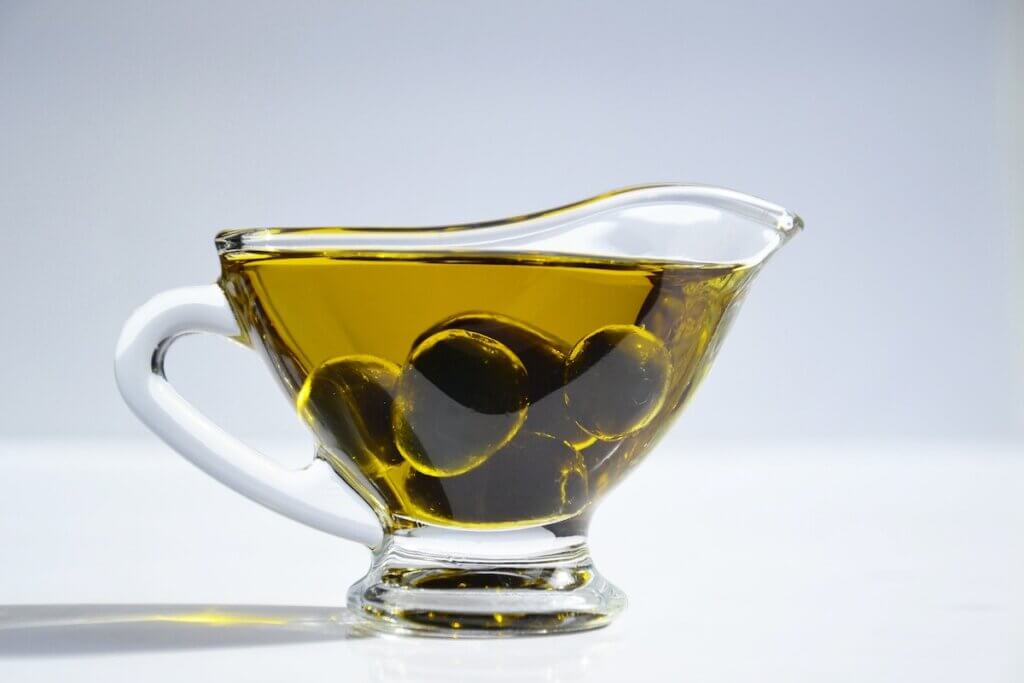In the culinary world, cooking oils like olive, avocado, vegetable, and canola, are indispensable. But amid the frying, sautéing, and dressing, whispers of concern have arisen regarding the potential link between cooking oils and cancer.�
There is ongoing research into the relationship between cooking oils and cancer, as well as the chemical reactions created during the cooking process, but definitive conclusions remain elusive. Some animal studies have suggested potential links between certain cooking oils and cancer risk due to the formation of harmful compounds during high-heat cooking.
Where are concerns coming from?
High-heat cooking with fats is primarily a concern in countries where cooking is done over fire and the oils (and other components in food) burn or smoke, leading to a release of carcinogens. It is thought that, in some parts of the world, high heat cooking is a major cause of nasopharyngeal, esophageal, and other cancers. It is not as clear that this is as relevant to the way Americans cook.
When oils are heated beyond their smoking point during frying or grilling, they undergo a chemical change called oxidation. This can generate compounds believed to be harmful like acrylamide.
Although research is ongoing, various agencies make determinations on whether a substance causes cancer or likely causes cancer; in other words, whether it is carcinogenic. The International Agency for Research on Cancer classifies acrylamide as a “probable human carcinogen.” The US National Toxicology Program has classified it as “reasonably anticipated to be a human carcinogen.”
And the U.S. Environmental Protection Agency says it is “likely to be carcinogenic to humans.” It’s important to note that these determinations are based mainly on studies in lab animals, and not on studies of people’s exposure to acrylamide from foods. So far, reviews of studies done in groups of people suggest that dietary acrylamide isn’t likely to be related to risk for most common types of cancer.
The relationship isn’t straightforward, and oils can be a part of a healthy diet. For example, olive oil, celebrated for its heart-healthy attributes, boasts an abundance of antioxidants which can counteract oxidative stress. On the other hand, oils like corn and soybean oils can be prone to oxidation due to their chemical structure and form polyunsaturated fatty acids.
What’s the bottom line?
Context is key when assessing these concerns. The occasional use of high-heat cooking methods using refined oils in the home is likely okay. Incorporating oils with higher smoke points — think avocado, peanut, or refined versions of olive oil — can be an option for sautéing or roasting for those worried about acrylamides.
Ultimately, the relationship between cooking oils and cancer involves many variables, from cooking techniques to oil choices, and can even be influenced by an individual’s genetic predispositions. Research is ongoing but evidence so far suggests that oils are safe to use in the home when properly heated.
Here are the smoking points of common cooking oils:
| Cooking Oil | Smoking Point (Fahrenheit) |
| Avocado | 520⁰ |
| Sunflower | 450⁰ |
| Grapeseed | 420⁰ |
| Canola | 400⁰ |
| Vegetable | 400⁰ |
| Olive (Refined) | 390⁰ – 470⁰ |
| Extra Virgin Olive | 350⁰ – 410⁰ |
| Coconut | 350⁰ |
